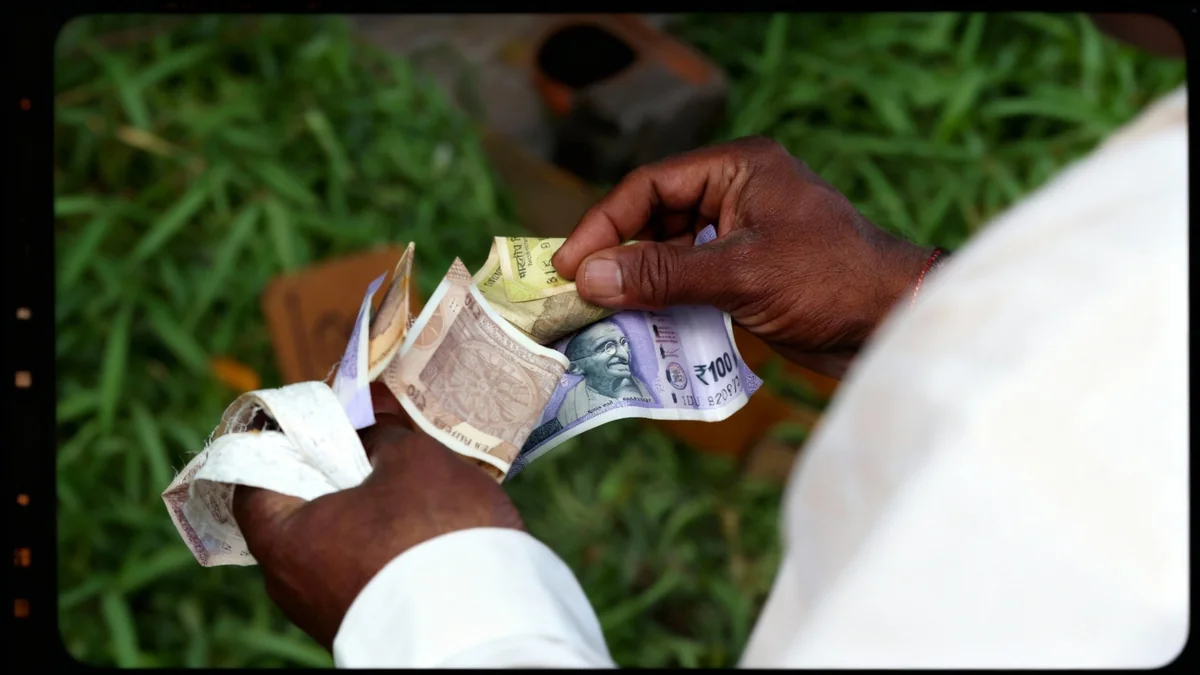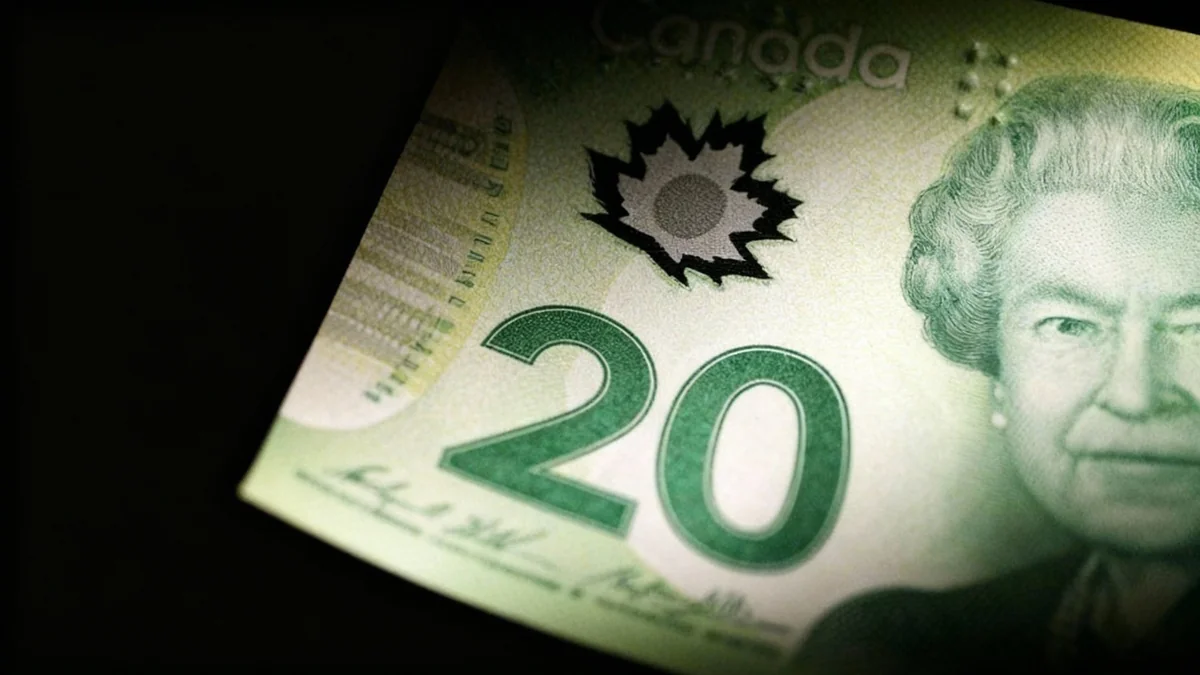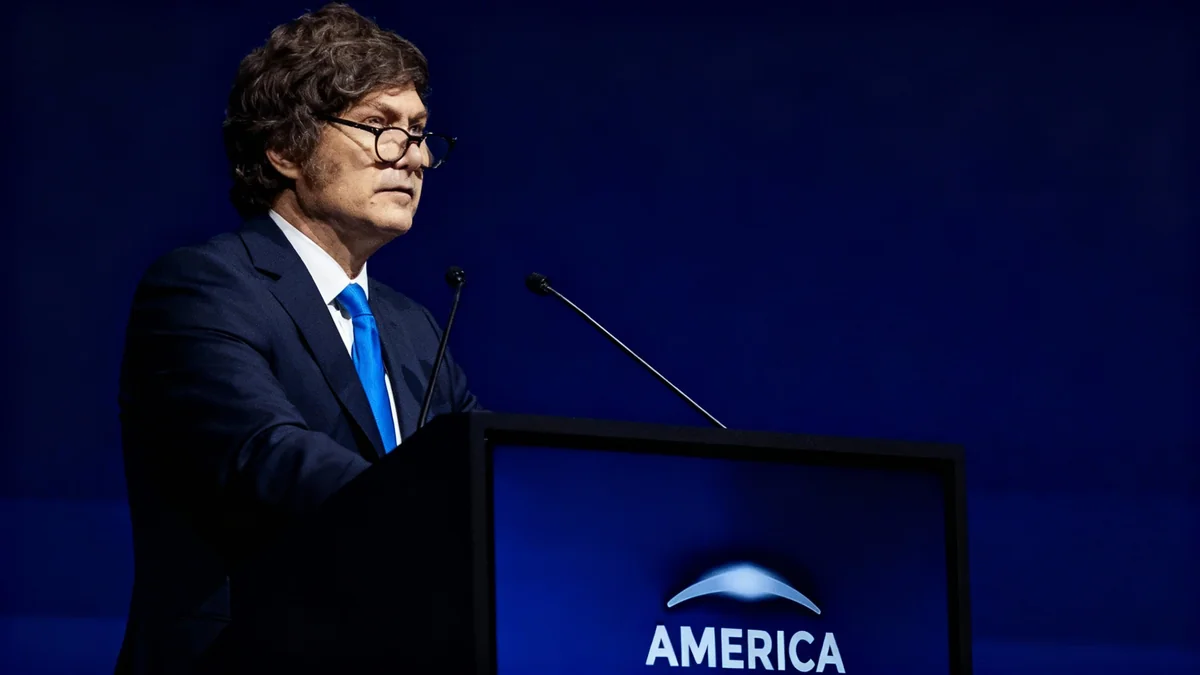Bangladesh's banking sector is grappling with a severe crisis, as distressed assets have surged to Tk11 lakh crore, representing 61% of the total Tk18 lakh crore in outstanding loans. The figure was revealed by City Bank Managing Director Mashrur Arefin during a seminar at Dhaka University, highlighting a significant deterioration from the 45% recorded in December of the previous year.
Key Takeaways
- Distressed assets in Bangladesh's banking sector now total Tk11 lakh crore, or 61% of all loans.
- This is a sharp increase from Tk7.56 lakh crore (45%) reported in December of the previous year.
- A top banker alleged that the actions of a single business entity, S Alam Group, were enough to destabilize multiple banks.
- Experts warn that only 7 to 9 of the country's 60 banks meet international standards, with nearly 40 considered substandard.
- Industry leaders are calling for greater autonomy for the central bank and an end to political interference to restore stability.
Alarming Rise in Troubled Loans
The health of Bangladesh's financial system is under intense scrutiny following new data on its distressed assets. According to Mashrur Arefin, the Managing Director of City Bank, the total volume of troubled loans has reached a staggering Tk11 lakh crore.
This amount constitutes 61% of the entire Tk18 lakh crore loan portfolio in the country's banking system. The situation has worsened considerably in a short period. Official figures from just nine months prior, in December 2024, placed distressed assets at Tk7.56 lakh crore, which was 45% of total loans at the time.
Distressed Assets Breakdown
Of the Tk11 lakh crore in distressed assets, Tk4 trillion are formally classified as non-performing loans (NPLs). The remaining amount includes rescheduled loans, written-off loans, and loans that are currently performing but are considered at high risk of default.
These revelations were made during a panel discussion titled 'Bank Crisis, Reforms & Regulations – The Implications on Bank Governance,' held at Dhaka University on September 21, 2025. The event was a joint effort by the University of Asia Pacific (UAP), the University of Dhaka, and Germany's OTH Amberg-Weiden.
Systemic Governance Failures Cited as Root Cause
During the seminar, banking leaders pointed directly to severe governance failures and external interference as the primary drivers of the crisis. Mashrur Arefin made a striking claim, stating that the S Alam Group single-handedly "destroyed" the banking sector.
"Just as one individual can ruin banks, one or two honest directors can also be enough to ensure their success," Arefin remarked, emphasizing the disproportionate impact a single entity can have on the financial system.
A Sector Divided
Arefin provided a stark assessment of the industry's overall quality. He stated that out of 60 banks operating in Bangladesh, a mere 7 to 9 can be considered of international standard. He described nearly 40 others as substandard, with around 15 facing acute liquidity crises due to what he termed years of unchecked "looting."
The situation is so severe in some institutions that depositors face significant difficulties withdrawing their funds. Large deposits are reportedly being repaid in small, token monthly amounts, indicating a silent bank run has effectively occurred in these weaker banks.
Depositors vs. Directors
Sohel RK Hussain, the Managing Director of Bank Asia, highlighted a fundamental imbalance in the system. He noted that 95% of a bank's capital comes from its depositors, while directors contribute only 5%. "Despite this, in many cases, directors run banks as they please, often disregarding depositor interests," Hussain said, calling for strict action against such irregularities.
Calls for Regulatory Overhaul and Autonomy
The panel discussion also focused on proposed legal reforms and the need for a stronger, more independent central bank. Arefin criticized certain provisions in the draft Banking Company Act, such as the requirement for 50% independent directors, calling it unrealistic.
"Expecting independent directors to be like angels dropping from heaven is unrealistic," he said. He also argued that a proposed 10% cap on a single family's stake in a bank misses the larger issue. "The biggest looting in the sector has been carried out under anonymous names, not through legal shareholding," he explained.
Sohel RK Hussain warned that without fundamental changes, the crisis could worsen, with non-performing loans (NPLs) potentially reaching 30-40% in some troubled banks, making them nearly impossible to save. He stated that the traditional checks and balances between boards, management, auditors, and regulators have "all collapsed over the past seven to eight years."
The Path to Reform
Echoing the need for systemic change, Mohammad Ali, Managing Director of Pubali Bank, alleged that some Islamic and state-owned banks were misused for corrupt practices. He stressed that the key to restoring good governance is ensuring the central bank, Bangladesh Bank, has complete autonomy.
Ali argued that the central bank's decisions must be free from any political or state interference to effectively regulate the sector and enforce discipline.
Despite the grim outlook, there are some government-led initiatives underway. Arefin noted that the foreign exchange crisis has largely been resolved and that five weaker banks are slated for merger. A new Bank Resolution Act has also been introduced, providing tools for mergers, the creation of asset management companies to handle toxic assets, and structured government intervention in failing banks.





